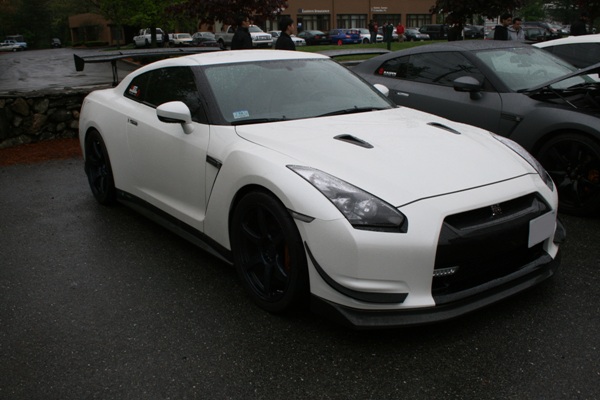Television shows like “Pimp My Ride” and “West Coast Customs” are increasing the popularity of custom cars among the general population, but not necessarily their popularity with your car insurance company. You may enjoy having a one-of-a-kind vehicle, but your insurance company would prefer you to have a generic vehicle as it is cheaper to replace parts after an accident. Before making modifications, it is important to understand how customized vehicles affect insurance rates.
How Customized Vehicles Affect Insurance Rates
 You probably enjoyed outfitting your car with its custom rims, headlights and grill. Maybe you applied a special paint job so the car would stand out. What happens if you are in an accident and any of those parts are damaged? The repair shop may not easily order the exact same parts from the dealership; they may need to be special-ordered. And what if you purchased the parts from a small company that has since gone out of business? You might be waiting for quite some time until replacement parts are located and delivered. Furthermore, some specialty paint jobs require that the entire car be repainted to match. This increases the cost and time for repairs. A generic car may be back on the road weeks before a custom car.
You probably enjoyed outfitting your car with its custom rims, headlights and grill. Maybe you applied a special paint job so the car would stand out. What happens if you are in an accident and any of those parts are damaged? The repair shop may not easily order the exact same parts from the dealership; they may need to be special-ordered. And what if you purchased the parts from a small company that has since gone out of business? You might be waiting for quite some time until replacement parts are located and delivered. Furthermore, some specialty paint jobs require that the entire car be repainted to match. This increases the cost and time for repairs. A generic car may be back on the road weeks before a custom car.
Solutions for Insuring Custom Cars
Many insurance companies hesitate when it comes to covering more than a vehicle’s original equipment, but there are a few options available to you. You could “self-insure” by putting extra money aside in case you have a problem. You could purchase a version of extended insurance called “agreed value” coverage, which will repay you a set price above what it would cost to replace a generic vehicle. Lastly, you could purchase “stated value” coverage, which provides the agreed value coverage minus depreciation. To get more information on how customized vehicles affect insurance rates and to determine how best to protect your vehicle, talk to your independent insurance agent.

 MA Umbrella Insurance and Its Importance
MA Umbrella Insurance and Its Importance

